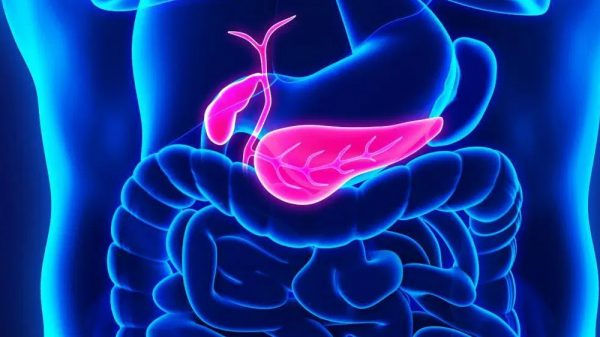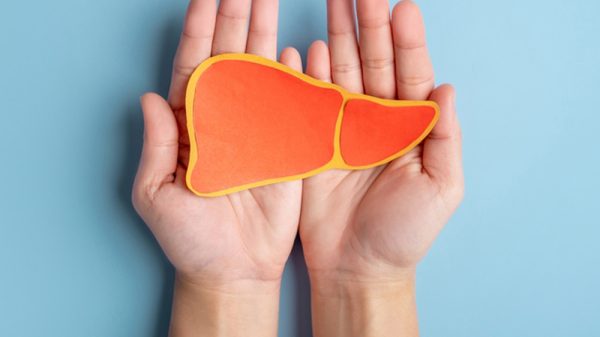Have you been diagnosed with ascites? It is a serious disease that involves the buildup of abdominal fluid. It’s often linked to various conditions like cancer, heart disease, and liver cirrhosis. The body normally has a small amount of fluid. However, the situation sometimes becomes worse and involves fluid buildup that causes a serious condition known as ascites. People often refer to it as “beer belly,” but it’s a very serious condition that must be treated effectively. Like other diseases, it’s important to know the symptoms, causes, treatments, and prevention. That will help to provide the best result to treat the condition effectively. You should also know about malignant ascites life expectancy.
While “beer belly” is often used to refer to people with a bigger stomach it can be a much more serious issue. It can be related to late-stage ascites. This involves fluid buildup in the abdomen and can involve a serious health condition. There are various signs that you have ascites including the different stages. You should be aware of the various symptoms of the condition so you can get the necessary treatment for it. There are also various treatments but they’re based greatly on the type of symptoms you have and the stage of ascites.
What Is the Condition Ascites?
If your waistline starts to expand it might seem like you’re just gaining some weight. Weight/fat gain is quite common since nearly one-third of the world’s population is overweight or obese. It’s due to various factors like unhealthy diet, lack of exercise, and other factors that cause people to put on pounds/fat.
One of the factors that can be related to this condition is something known as “ascites.” People often refer to it as a beer belly. However, it can be much more serious than that. That’s because the condition can be a sign of fluid buildup in the abdomen. This can cause the stomach to appear bloated. There are various other symptoms you should watch for.
If you have certain symptoms then there’s a good chance that you have the condition ascites. This results from different factors. Some of the most common causes are kidney/liver disease, heart disease, and some cancers.
The condition results from fluid buildup within the abdomen. This results in the stomach welling up and sticking out. That’s why it’s often referred to as “beer belly.”
There are various symptoms of ascites. Some of the main ones are the stomach feeling full, and the belly starting to balloon. There are other symptoms to watch out for including:
- Indigestion
- Heartburn
- Nausea
- Vomiting
- Leg/ankle swelling
- Hernia
- Fever
- Shortness of breath
- Loss of appetite
It’s important to watch out for a combination of the symptoms. If you experience them you should contact your doctor immediately. Ascites could be a sign of a more serious condition that you should get checked out.
One of the most serious conditions is cirrhosis. This involves late-stage scarring of liver tissue. There are various stages of liver disease. The first ones include inflammation and fibrosis (scarring). However, if the condition becomes worse it can lead to cirrhosis, which involves major liver scarring.
Malignant Ascites Life Expectancy
The main factor related to ascites is fluid buildup in the abdomen. However, there are different health factors involved. Liver cirrhosis is one of the most common ones. When the condition becomes severe it’s known as malignant ascites. This is a late stage of the disease and is very serious.
If you experience symptoms of ascites it’s important to get tested. That’s because it’s critical to find out whether or not you also have cirrhosis. If that’s the case then you’ll have to treat the cirrhosis also since it’s causing the buildup of fluid in your abdomen.
After being diagnosed with ascites the life expectancy within two years is 50%. This is greatly due to the condition being linked to serious conditions like liver disease. This is why it’s important to get diagnosed and make sure you’re getting treatments for the particular disease that’s causing the ascites.
There are various treatments involving treating ascites. They include removing the fluid with a needle, water tablets, and low-sodium diets. The key is to take steps to reduce the abdomen’s fluid. The particular treatment that’s used is based on factors like the seriousness of the condition. In the case that it’s late-stage liver cirrhosis there will be fewer options.
The only “cure” for liver cirrhosis is a liver transplant. The problem with this situation is it can be a very complex process. You have to first qualify for a liver transplant. Then there are other complications like the cost and finding a donor. All of these factors can make it difficult to deal with ascites.
However, there are several treatments available for the buildup of stomach fluid. Your doctor can help to find the best one for your particular needs. As always it will greatly depend on the main cause of the condition. If you have liver disease there are few options so it’s important to determine the right one based on your conditions.
Natural Treatments for Ascites
Dandelion Root Tea
This is an herbal remedy that might help with fluid buildup. TIU’s been used as an herbal medicine for thousands of years. Some studies show that tea might help to reduce fluid buildup in the abdomen. So it’s worth consuming if it helps with that condition. You can find it at various health stores.
Avoid Toxins
This is another common cause of fluid buildup, so it’s important to avoid toxins as much as possible. That will also help to reduce the symptoms. They include factors like inorganic food, air pollution, and even prescription medications. These factors can cause various health issues, including fluid buildup in the body.
Small Meals
It’s better to consume small, frequent meals during the day if you want to treat ascites naturally. It’s tougher when you’re eating three big meals during the day. That increases the chance of fluid buildup. It also explains why ascites is related to “beer belly.”
Low-Salt Diet
This is one of the best options if you want to treat ascites naturally. The American Heart Association (AHA) recommends consuming under 1500mg of sodium daily. However, there are different ways you can lower the amount of fluid buildup in the stomach naturally. A low-sodium diet is one of the best ways.
It’s important to start with table salt. However, you should also watch out for “hidden” salt. This can cause the same results since it still increases your sodium intake. So it’s important to reduce your salt intake.
The main problem with salt is it can cause water retention when it combines with H2O. This is a situation you’ll want to avoid if you’ve been diagnosed with ascites and after learning malignant ascites life expectancy.























